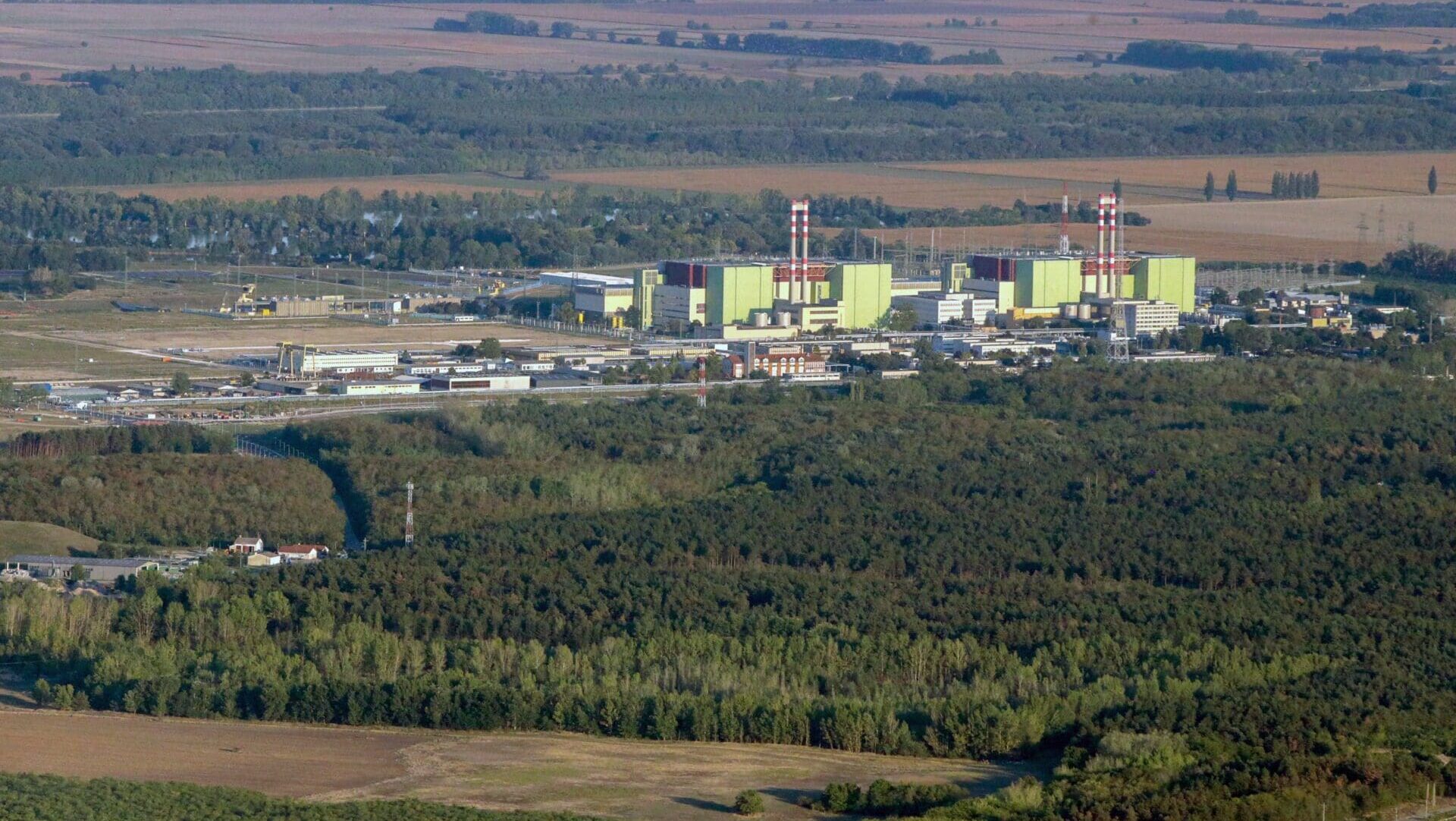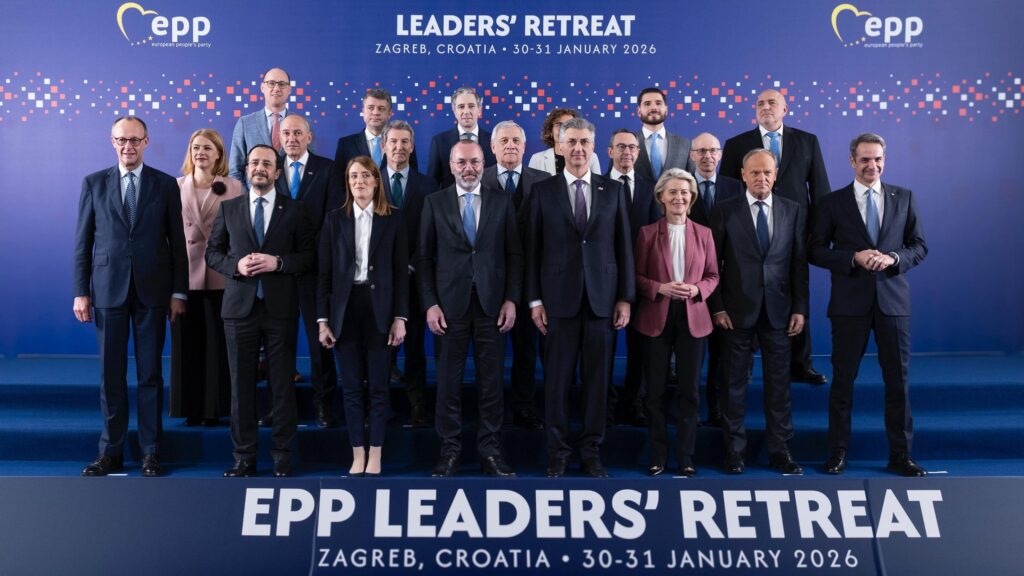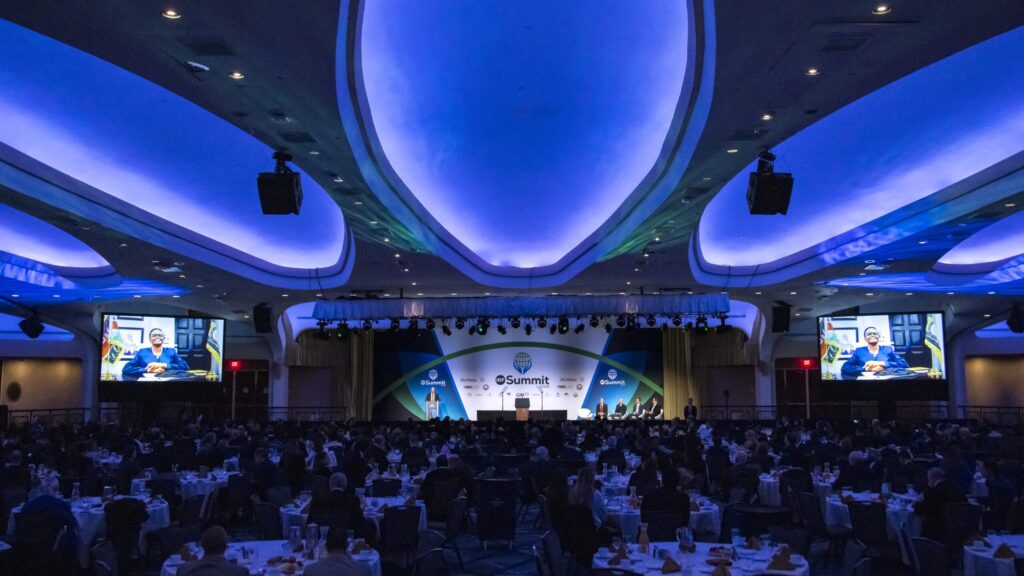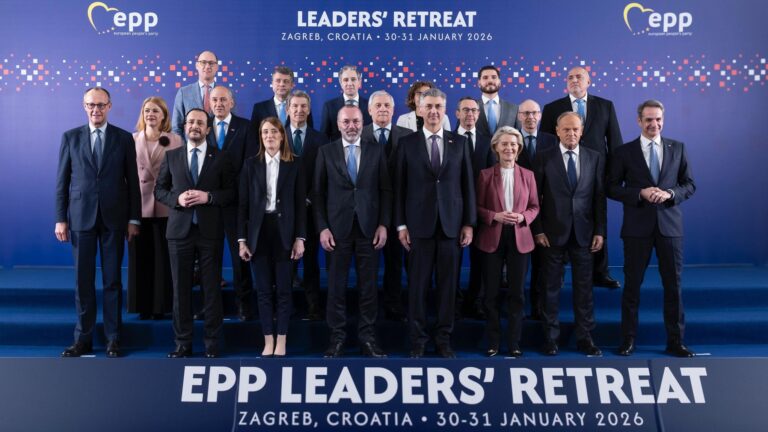Hungary’s nuclear industry is not only competitive on the global stage but also crucial to the country’s long-term economic prospects, Minister of Foreign Affairs and Trade Péter Szijjártó stated on Tuesday at the World Nuclear Exhibition in Paris.
Speaking at the opening of the Hungarian Export Promotion Agency’s pavilion, he highlighted a rapid rise in global electricity demand driven by the automotive sector’s shift to electric vehicles, the growing use of heating and cooling systems, expanding industrial production and the development of large data centres.
When addressing this demand, he said, several key principles must be prioritized: supply must meet consumption needs, energy delivery must remain stable, secure and affordable, and solutions must be environmentally sustainable and viable in the long run.
According to Szijjártó, only nuclear energy currently meets all these criteria.
‘Hungary is fully committed to expanding its nuclear capacity, as nuclear energy will be essential for ensuring safe energy supply for the country in the decades ahead. Without atomic energy, it would be impossible to maintain Europe’s lowest electricity prices for Hungarian families,’ he said.
He noted that Hungary is working both to extend the lifespan of its existing reactors and to build two new blocks with a combined capacity of 2,400 megawatts.
Szijjártó stressed that the nuclear industry is a key sector for Hungary’s economy and holds strategic significance for future growth. After more than 50 years of operating nuclear technology, the country has accumulated extensive expertise, making the domestic industry internationally competitive.
As an example, he cited Hungary’s unique dry-cooling technology, which has attracted strong interest abroad. Six Hungarian companies are represented at the Paris exhibition, offering solutions ranging from thermal engineering to automation, robotics, data management and digitalization, several of which are participating in the Paks nuclear expansion project.
‘We Hungarians are committed to sharing our nuclear knowledge. We want to contribute to global technological development while rejecting the lingering negative discrimination against nuclear energy that goes against our national interests,’ he said.
‘The presence of Hungary’s leading nuclear companies here in Paris demonstrates this commitment. I sincerely hope that in the coming days you will discover the technologies and services they provide and that they will successfully showcase Hungarian nuclear expertise, which is vital for our international economic performance,’ he concluded.
Related articles:







